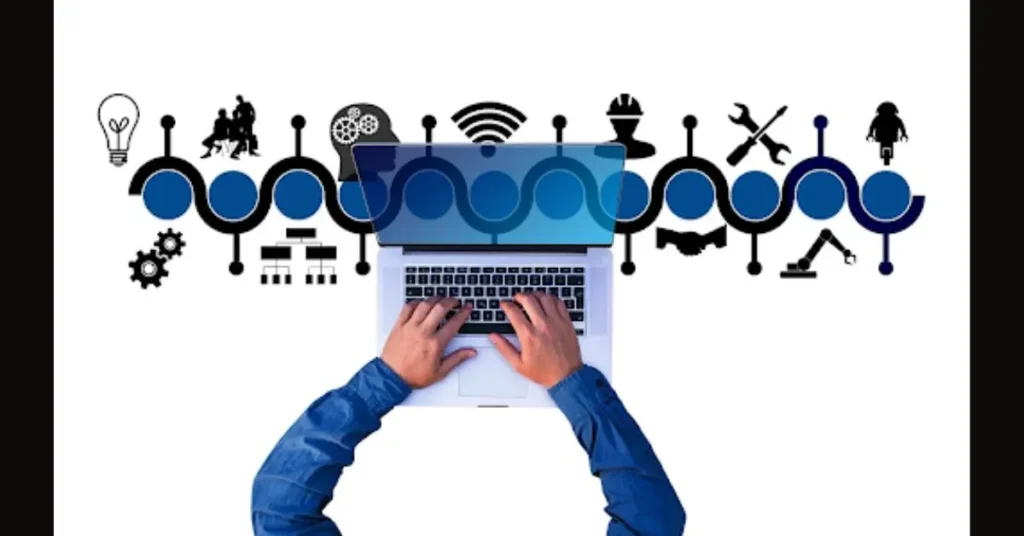When selecting project management software, it’s crucial to find a solution that meets your unique needs. With numerous options available, understanding essential features can help streamline your projects and boost productivity. This blog post will guide you through the key elements to consider, ensuring you choose the right tools for successfully managing your team’s workflow and achieving your goals.
Contents
Integration and Customization
Integration and customization are vital features of project management software because they allow teams to tailor the platform to their specific workflows and collaborate seamlessly with existing tools. The experts behind FactorApp can explain how integration with popular applications such as communication platforms, document-sharing services, and time-tracking tools ensures that all aspects of a project are interconnected, minimizing data silos and fostering efficient communication. Furthermore, customization enables users to modify dashboards, reports, and task workflows to match their unique project requirements.
This flexibility not only enhances user adoption but also improves overall productivity as teams can focus on their objectives rather than adapting to rigid software constraints. Ultimately, the ability to integrate and customize ensures that project management software aligns with a team’s needs, promoting a smoother workflow and leading to successful project outcomes.
Task Management and Assignment
Task management and assignment are fundamental features of project management software, as they enable teams to organize, prioritize, and allocate work effectively. By providing a clear overview of tasks, deadlines, and responsibilities, these features ensure that everyone on the team understands their roles and expectations. This clarity not only helps in maintaining accountability but also facilitates better communication among team members.
A robust task management system allows for the tracking of progress, identification of bottlenecks, and adjustments to workloads as required. Moreover, assigning tasks based on individual strengths and availability promotes a more efficient use of resources, ultimately leading to improved project outcomes. In essence, effective task management and assignment foster a structured approach to project execution, driving productivity and ensuring the successful delivery of objectives.
Collaboration and Communication Tools
A well-organized project requires communication on all fronts, so your software must ensure multiple channels. These should be the following:
- In-app chat and messaging
- Commenting and tagging
- File sharing and document management
- Discussion boards or forums
- Video and voice conferencing
- Notifications and alerts
- Activity feeds and updates
- Collaborative document editing
- External collaboration
Collaboration and communication tools facilitate real-time interaction among team members, regardless of location. These tools enhance teamwork by enabling quick exchanges of ideas, feedback, and project updates, which helps prevent misunderstandings and keeps everyone aligned on goals. Additionally, they create a transparent environment where tasks can be discussed openly, fostering a culture of collaboration that drives project success and efficiency.
Project Planning and Scheduling
Planning and scheduling provide a clear roadmap for project execution. A robust planning tool allows teams to break down projects into manageable tasks, set milestones, and allocate resources effectively. This structured approach not only enhances clarity but also ensures that deadlines are met, and dependencies are managed efficiently.
Scheduling tools, on the other hand, allow team members to visualize timelines, track progress, and adjust plans in response to unforeseen challenges. Together, these features imply proactive management, enabling teams to anticipate issues, optimize workflows, and maintain focus on project objectives. Ultimately, effective planning and scheduling contribute significantly to the timely and successful completion of projects, fostering overall productivity and team cohesion.
Resource Management
Resource management optimizes the allocation and utilization of both human and material resources throughout a project. Effective resource management ensures that each team member is assigned tasks that align with their skills and availability, preventing overburdening and fostering a balanced workload.
Further, it involves tracking resource availability, managing skill sets, and controlling costs, which are critical to maintaining project budgets. By having visibility into resource usage and performance, teams can make informed decisions, adjust plans proactively, and mitigate risks associated with resource shortages or conflicts. Ultimately, robust resource management enhances overall project efficiency, leading to improved outcomes and maximizing productivity for the entire team.
Reporting and Analytics
Reporting and analytics provide valuable insights into project performance and resource utilization. These tools enable teams to track key performance indicators (KPIs), measure progress against goals, and identify trends or areas needing improvement. Offering real-time data visualizations, reporting, and analytics helps managers make informed decisions, refine strategies, and allocate resources more effectively.
The implications of robust reporting capabilities extend beyond merely assessing outcomes; they foster accountability and transparency within the team, encouraging continuous improvement. Ultimately, effective reporting and analytics empower project managers to communicate achievements and challenges clearly to stakeholders, ensuring alignment and driving the overall success of projects by facilitating data-driven decision-making.

In conclusion, selecting the right project management software with essential features can significantly enhance your team’s productivity and collaboration. By focusing on integration, task management, and effective communication tools, you position your projects for success. Remember to assess your unique needs, ensuring that the software you choose empowers your team to achieve its goals efficiently and effectively.

